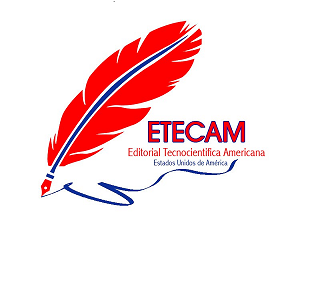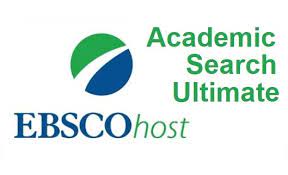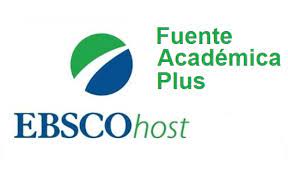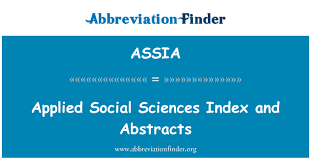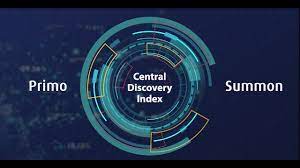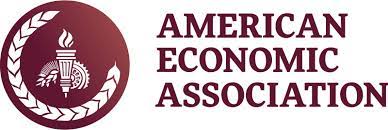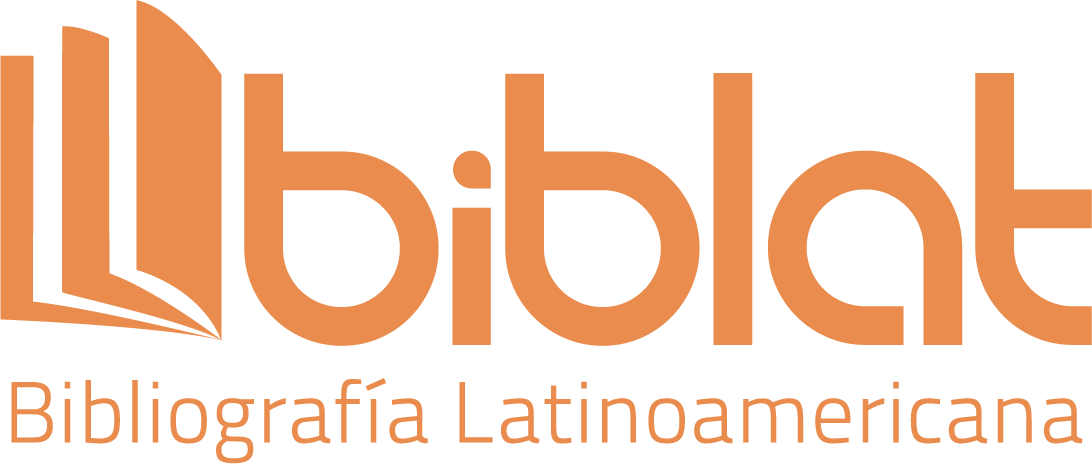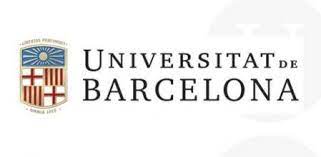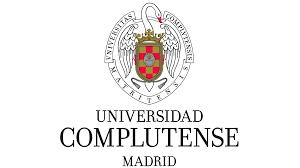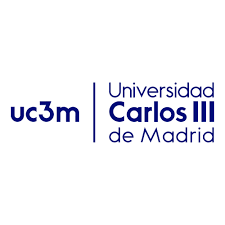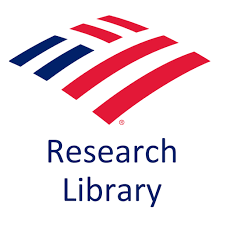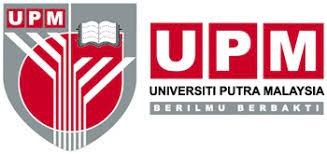Alternatives for the management of organic waste in the Base Business Unit Río Frio No. 1, belonging to the Guantánamo Poultry Company
DOI:
https://doi.org/10.51736/sa.v6i4.162Keywords:
organic waste, management, recyclingAbstract
The research was carried out at the Unidad Empresarial de Base (UEB) Río Frío I located at Km 24 of the highway to Santiago de Cuba, an entity belonging to the Empresa Avícola de Guantánamo. The study was carried out between August and November 2022, with the objective of proposing alternatives for the adequate management of waste generated by poultry production. The sustainable management of natural resources is one of the great challenges facing humanity in the 21st century. Pollution from waste disposal is one of the most significant anthropic causes. A descriptive methodology was applied during the research. Among the main result is the proposal of alternatives for the management of the waste generated in this farm, as well as an action plan for the Provincial Poultry Company, based on the Deming Cycle. It was concluded that poultry organic waste, mainly poultry manure, is one of the greatest environmental pollution problems, but it offers multiple opportunities to be used for the benefit of man, so that waste minimization, pollution prevention and recycling should be present in the daily activities of intensive poultry production systems.
Downloads
References
Empresa Avícola Guantánamo, (2021). Estrategia de Trabajo. GAVIC.
Ramírez, F. R. (2019). Estrategia ambiental. Guantanamo.
Sales, M. (2009). Diagrama de Pareto.
Tamayo, M. (2014). Propuesta de manual técnico para el manejo y aprovechamiento de residuos orgánicos avícolas generados en el proceso de producción de huevos.
Published
How to Cite
Issue
Section
License
Copyright (c) 2023 Raúl Cantillo Ferreiro, Joel Cantillo Ferreiro, Diosgracia Soler Mansfarroll

This work is licensed under a Creative Commons Attribution-NonCommercial-ShareAlike 3.0 Unported License.













